Whether you envision a rustic escape or a modern entertainment hub, a patio contractor can make your vision a reality. However, choosing the right builder is crucial.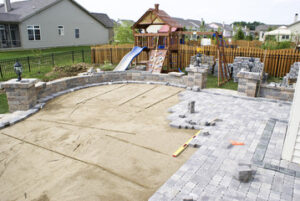
Look for builders who are upfront about their rates, provide references and printed estimate invoices, and know local regulations. They will also understand the importance of timely project delivery. Contact Patio Contractors Charles Town WV for professional help.
Patios are a great way to enhance your outdoor space and create an area where you can relax or entertain guests. However, patio construction can be complex, so it’s important to choose a contractor with experience. Here are some questions to ask a potential contractor before you hire them to ensure your project goes smoothly.
The length of time a patio contractor has been in business is an indication of their level of expertise. A reputable company will have a lengthy history of providing quality work and customer satisfaction. Make sure to ask about their experience with patio construction and whether they have completed any projects similar to yours.
When you are looking for a patio contractor, it’s a good idea to hire one who has a staff of professional designers. They can help you define your vision and develop a plan to bring it to life. Then, they can create a detailed bid for the entire project and help you select the materials that best suit your needs.
In addition, a design team can help you understand the process and timeline of your project. For example, they can give you an estimate of how long it will take to complete the work and whether any unforeseen issues could cause delays. They can also answer any other questions you may have about the project.
A reputable patio contractor should be willing to provide references from previous clients. This is a great way to learn about the contractor’s workmanship and customer service before hiring them. You can also contact the referrals to ask any questions you may have about their experiences.
If you are concerned about the quality of your new patio, it’s important to choose a contractor that offers a warranty. This will protect you if something goes wrong with the construction or materials. Also, it’s a good idea to get quotes from several different contractors and choose one with reasonable rates. Avoid choosing a contractor who quotes low prices, as this could indicate that they are using substandard construction materials or methods.
License
Choosing the right patio contractor for your project is an important decision. The internet and local classifieds are teeming with contractors claiming to do the best job for the lowest cost. In order to make a well-informed decision, it’s important to know the facts about licenses, insurance and experience.
Most states require landscapers to be licensed. Licensing requirements vary by state, but they usually include passing an exam and a background check. In addition, some states have additional licensing requirements for certain types of services. For example, if you use restricted-use pesticides as part of your landscaping business, you may need to obtain a commercial pesticide applicator’s license from the state Department of Agriculture.
A license will show that the contractor has passed the necessary exams and complied with all state laws regarding running a business and performing landscaping work. A valid license will also show that the contractor maintains adequate workers’ compensation and liability insurance.
If a contractor is not licensed, it’s best to look for another one. Not only will this save you time and money, but it will ensure that you’re working with a qualified professional who has the necessary knowledge to complete your project.
In addition to a license, a patio contractor should also have ample experience in building decks and patio covers. Ask for references and a portfolio of past projects before making your final decision. It’s also a good idea to ask for photos of completed patio projects.
To qualify for a contractor’s license, a person must pass two exams and meet other requirements. The first exam, called the Law and Business Exam, covers topics such as contracting, employment, and financial management. The second, the C-27 Landscaping Exam, tests a person’s knowledge of trade-specific skills and procedures. To become a licensed contractor, an individual must also submit proof of workers’ compensation and general liability insurance, pass a background check, and undergo a fingerprinting process.
Although building a patio might seem like an easy task, it’s still crucial that the builder you hire has a license to do so. Not only will this ensure that the builder has the proper credentials to handle your project, but it will also protect you from legal action in the event of a mishap during construction or after the work is finished.
Insurance
Patio contractors must have general liability insurance to protect against basic business risks. This coverage pays for third-party property damage, medical expenses and other liabilities that could arise from your work. It’s a common requirement from certain clients, project owners and licensing agencies. It also covers workers’ compensation claims in case an employee is injured on the job. If an employee is injured, he or she might sue your company for lost wages and medical bills. EPLI, or employment practices liability insurance, helps cover legal costs and damages from these claims.
You may need additional forms of commercial insurance based on your specific risks. For example, if your business uses vehicles to transport equipment and materials, you might need commercial auto insurance. This policy typically pays for accidents, weather-related damage and theft involving your owned or hired vehicles. You can also add business interruption insurance to your policy, which reimburses your lost income if your landscaping company must close due to a covered disaster.
A landscaping contractor needs workers’ comp insurance to pay for employees’ lost wages and medical expenses if they are injured at work. This is required by law in most states and can help you maintain a safe workplace and attract top talent. A worker can suffer from a variety of injuries on the job, including cuts, burns and broken bones. Worker’s comp will typically pay for these costs, as well as any court fees and attorney’s fees if the employee sues over a work-related injury.
Whether you need workers’ comp, professional liability or other types of insurance, it’s important to talk with an experienced agent who understands your business. They’ll help you find affordable policies that meet your unique risk management needs. They’ll also be familiar with any requirements you must meet for a bid or contract work.
When comparing quotes, ask agents about their experience working with construction companies and how they can tailor a policy to fit your needs. Also, check with your agent about whether they have access to specialized markets that can offer more complex coverages like pollution or contractors E&O.
Warranty
A patio contractor should be willing to provide you with a written warranty for the work they perform. This warranty should clearly state what is covered and how long the warranty lasts. It should also include a procedure for filing claims. Some contractors may only have a hotline for repairs, while others will require you to submit a letter with detailed information about the problem. It is also important to find out whether or not the warranty is transferable if you decide to sell your home.
When hiring a Patio Contractor, it is important to find one with reasonable rates. Many homeowners choose to go with the cheapest contractor, but this often ends up costing them more in the long run. This is because the lower rate usually translates to substandard work and low-quality construction materials. If you are unsure about a contractor’s rates, ask for references and printed estimates.
Another factor to consider when choosing a Patio Contractor is their willingness to communicate with you throughout the project. This is especially important if you are working with an older generation contractor. Technology has made communication much easier than in the past, and it is now possible to receive emailed project updates, instant text messages with pictures, or a full phone conversation about fabulous progress or setbacks. This will help you stay informed and avoid any surprises down the road.
If you are working with a Patio Contractor that is using concrete to build your patio, it is important to know what to expect. It is normal for a concrete patio to have a slight color and texture variation due to the way it is constructed. The Builder will mix the concrete in sections, removing the excess as they go along and brushing it with a trowel or broom to achieve the desired finish. This patio will also be covered with plastic to protect it from the weather during the curing process.
The Contractor warrants that the materials used to construct the patio will be of good quality and will not deteriorate or become defective in a normal and expected manner. However, this warranty does not cover failure due to improper building practices such as a bad foundation or building over a decaying tree stump.
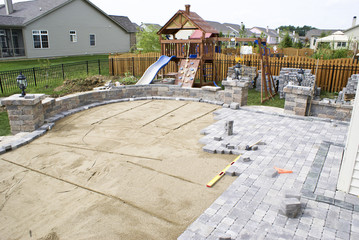
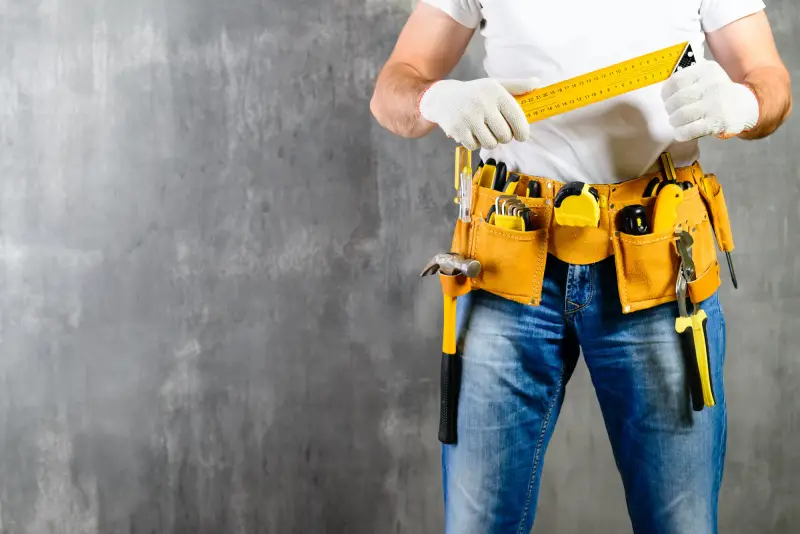
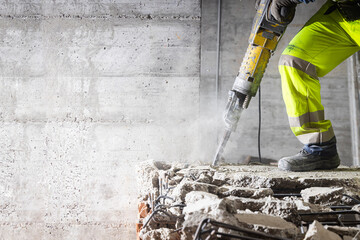
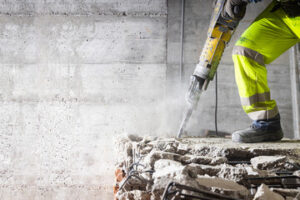 Cost
Cost